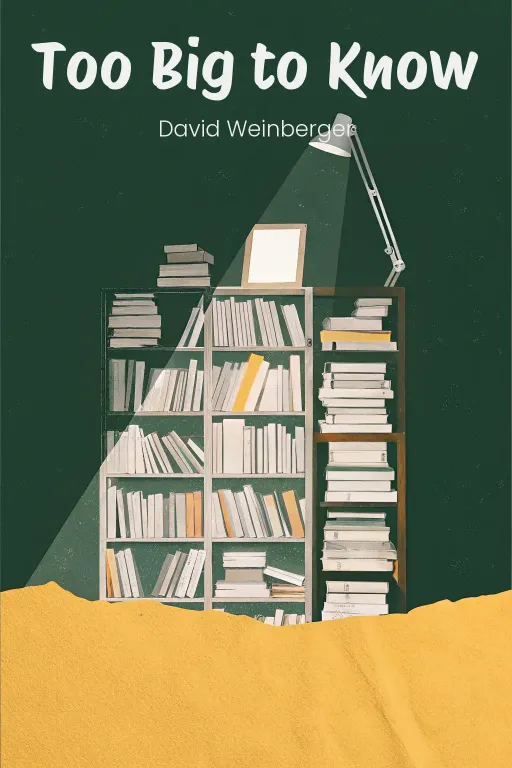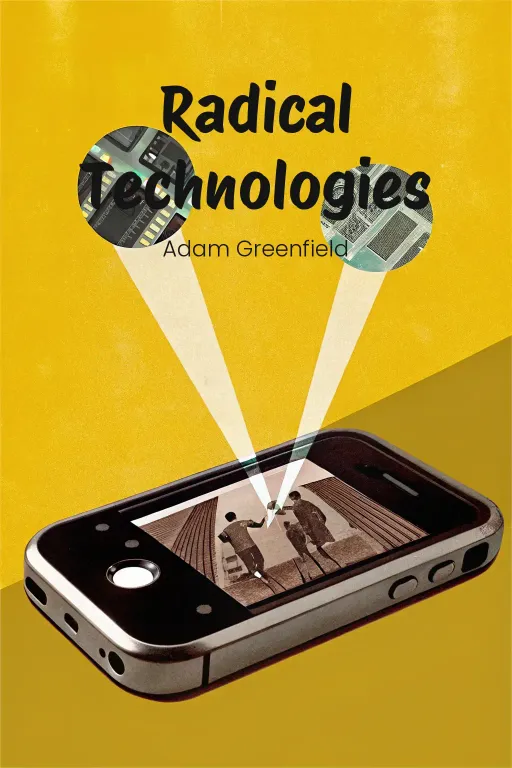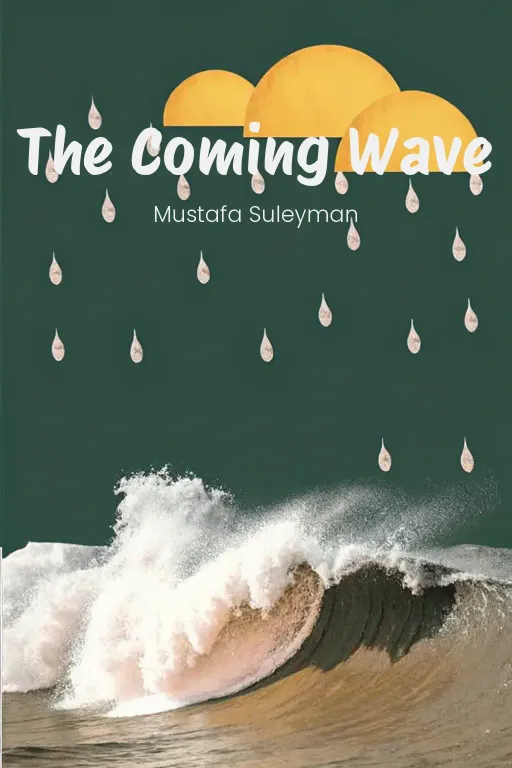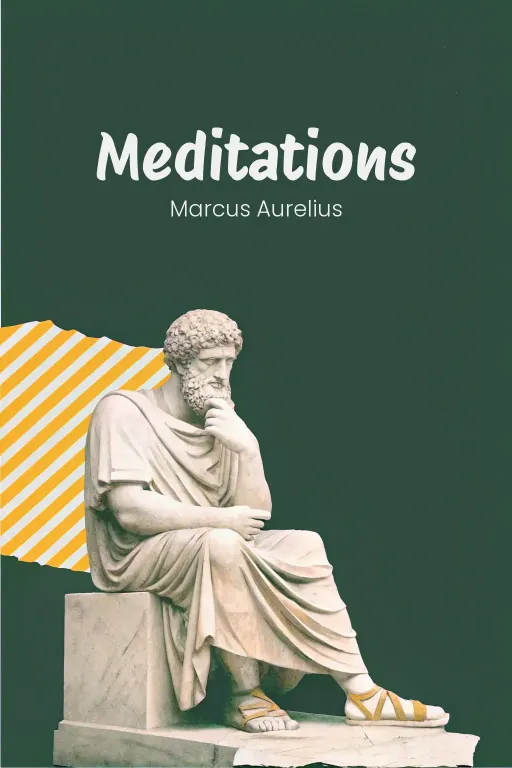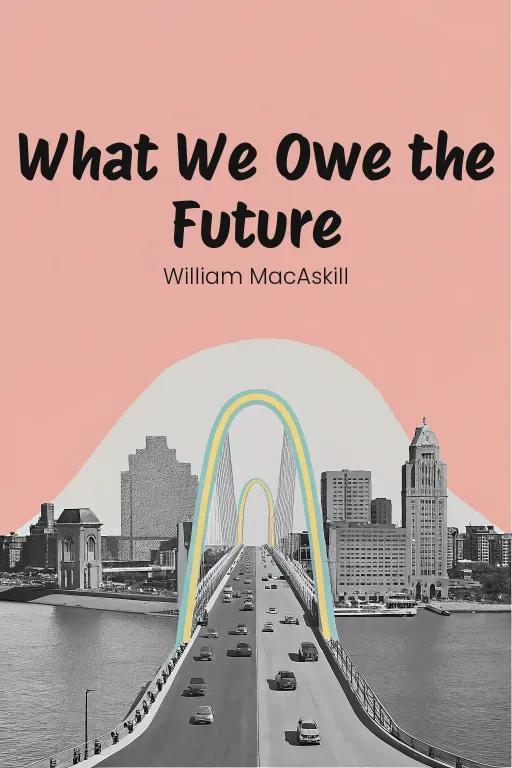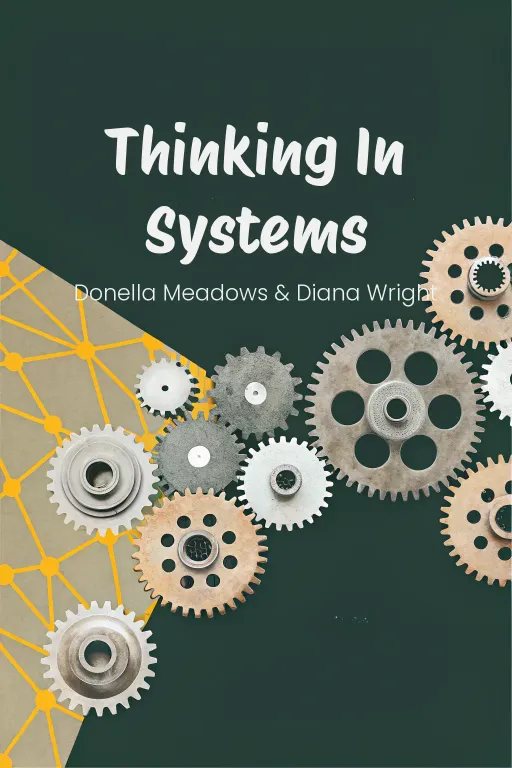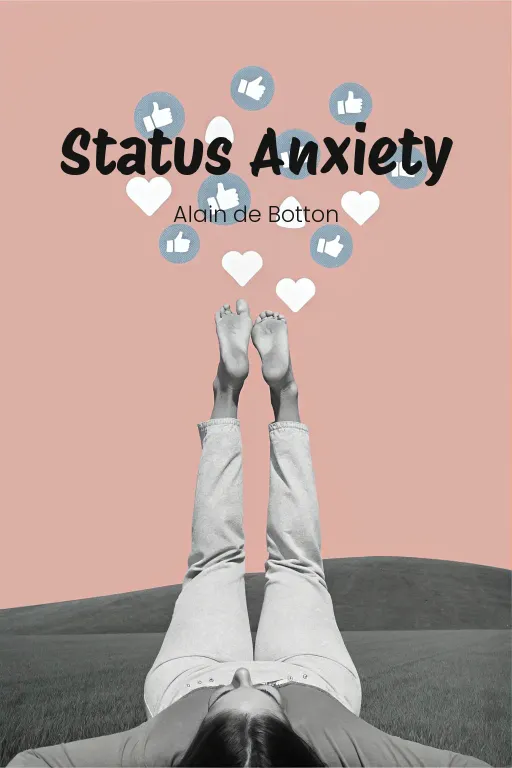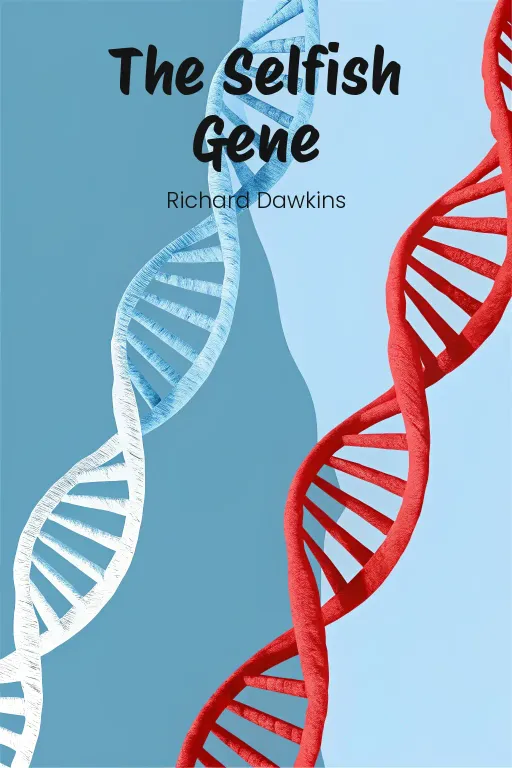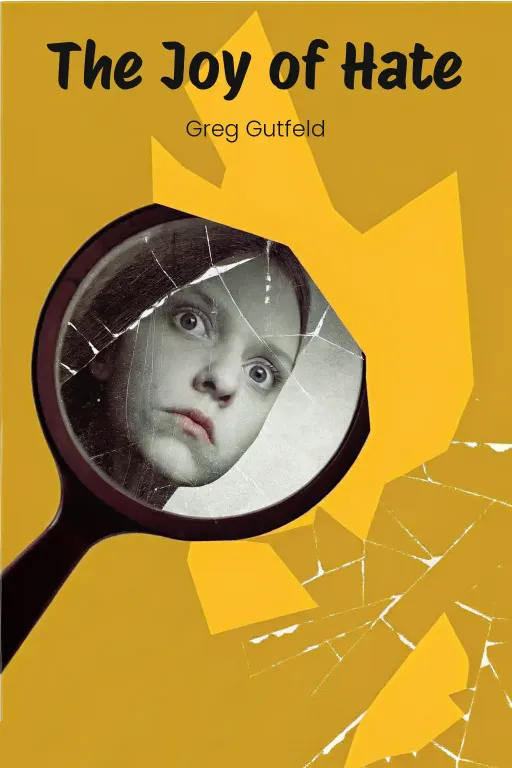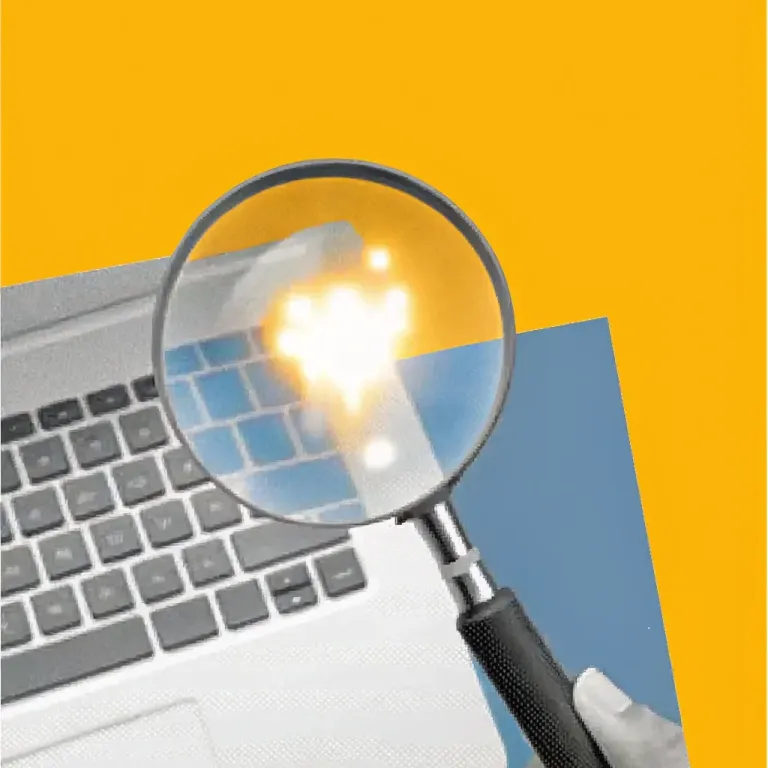
Info Overload? Master the Web's Hidden Wisdom
Podcast by Five Percent Happier with Autumn
Rethinking Knowledge Now That the Facts Aren’t the Facts, Experts Are Everywhere, and the Smartest Person in the Room is the Room
Info Overload? Master the Web's Hidden Wisdom
Autumn: Today we're diving into "Too Big to Know" by David Weinberger, exploring how the internet fundamentally changed what 'knowing' even means in our hyper-connected world. Autumn: Feeling overwhelmed by the constant flood of information? Emails, notifications, endless feeds – it’s easy to feel like you're drowning. You need reliable info for work decisions or health concerns, but how do you find truth amidst the noise? Who do you trust when expertise seems diluted online? This isn't just inconvenient; it leads to stress, uncertainty, and maybe even retreating into echo chambers where we only hear confirming views, hindering our ability to make sound judgments in a complex reality. Autumn: So, how do we navigate this? Weinberger urges us to stop seeing knowledge as a static thing stored neatly like books. Instead, knowledge now thrives within the network itself – vast, messy, and always evolving. Rather than trying to know everything individually, the skill lies in navigating this network effectively. Think about how we naturally use social cues – what trusted friends share, what gets widely recommended. That's social filtering in action. We also tap into collective intelligence. Ever seen a complex problem solved collaboratively on a forum, or a Wikipedia page refined by many hands? That's the power of the crowd. Expertise isn't solely defined by credentials anymore; it often emerges from valuable contributions within these networks. This shift means embracing diverse perspectives is vital – the smartest 'person' might actually be the collective 'room'. It also requires valuing transparency; knowledge gains credibility not by claiming finality, but by showing its work and inviting scrutiny. It’s less about finding one perfect answer and more about skillfully participating in the ongoing conversation, developing our digital literacy to evaluate sources and contributions critically. Autumn: Here’s something to try today: The next time an interesting article or strong opinion pops up in your feed, pause before reacting. Ask yourself: How did this find me? Who shared it, and why? Is the source transparent about its process? Try actively seeking out one thoughtful perspective that challenges your initial view, just to understand the broader conversation. Until next time, stay curious and navigate wisely!
